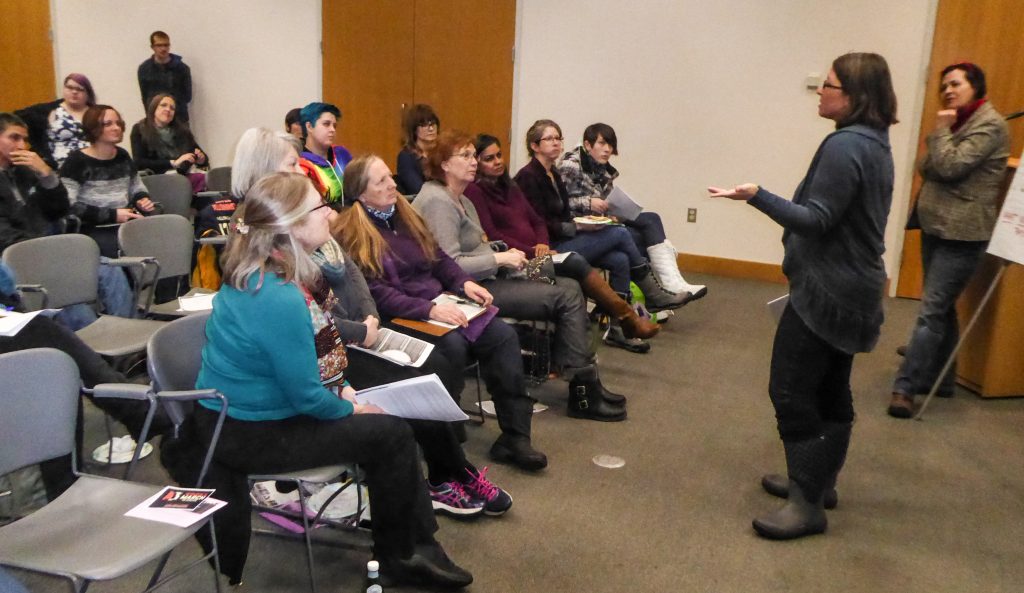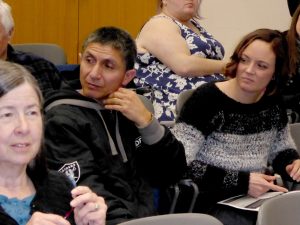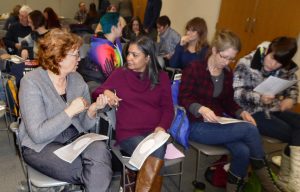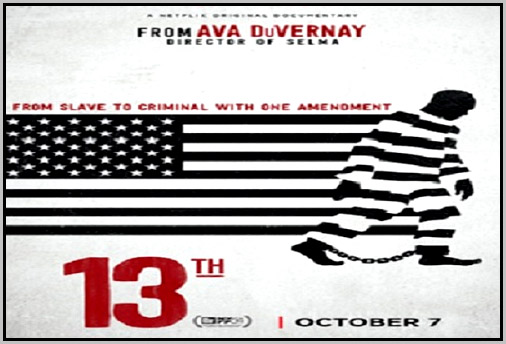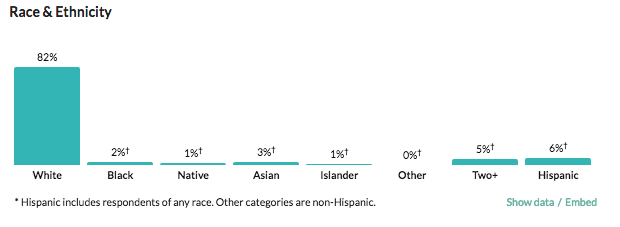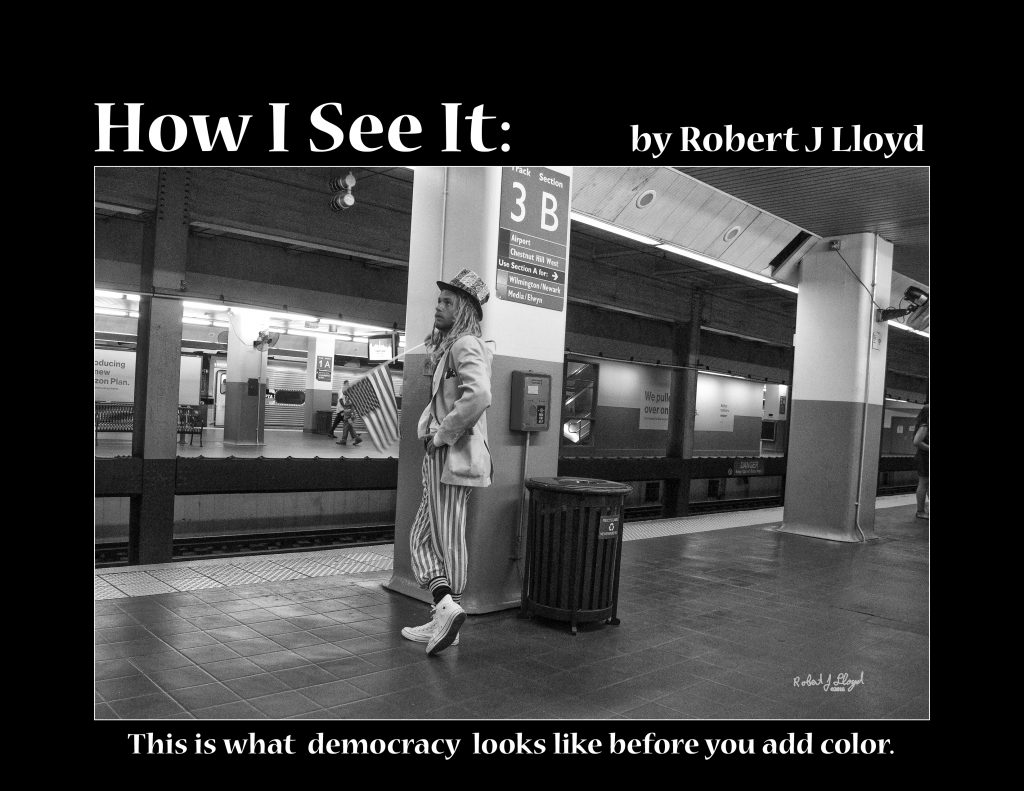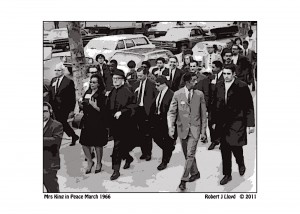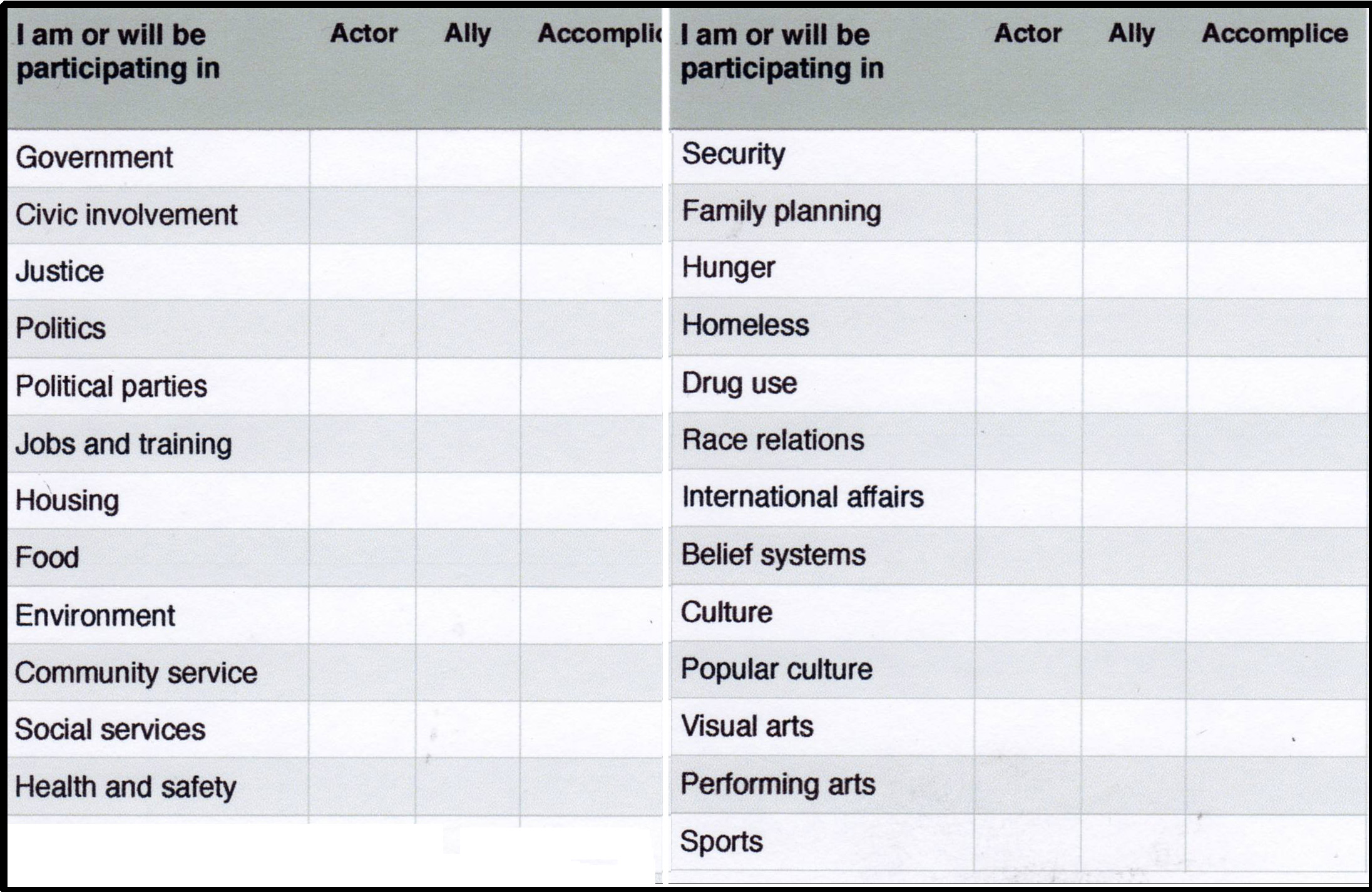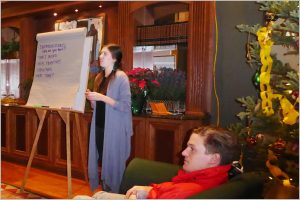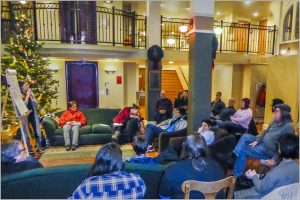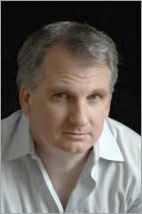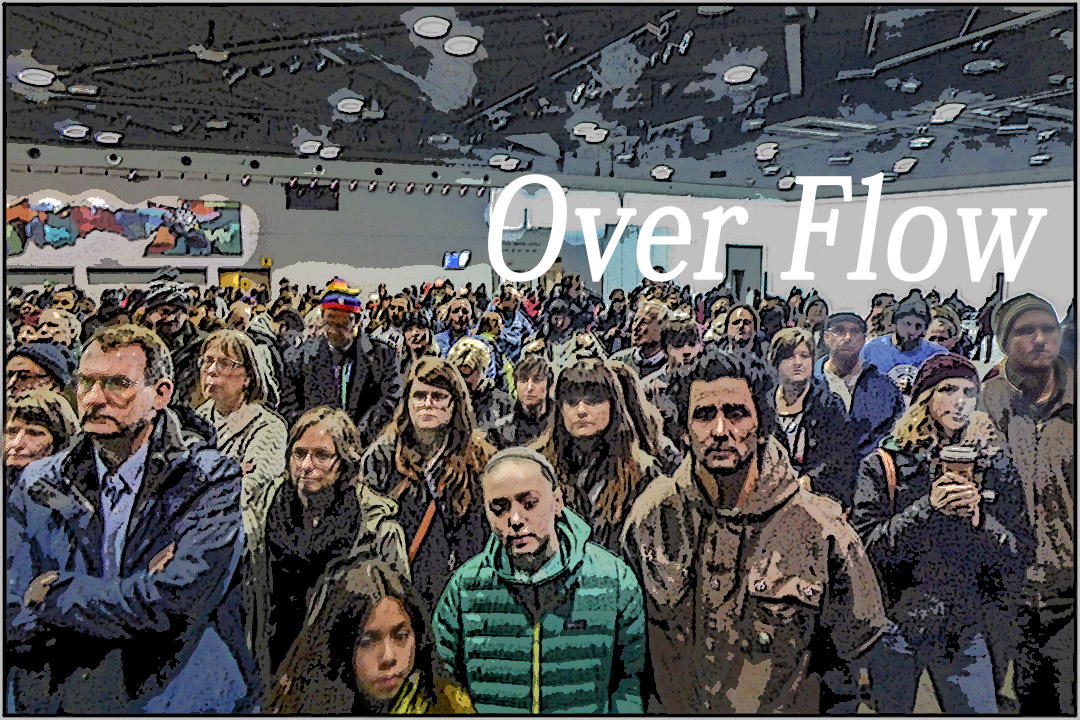 Martin Luther King Day Celebration 2017
Martin Luther King Day Celebration 2017
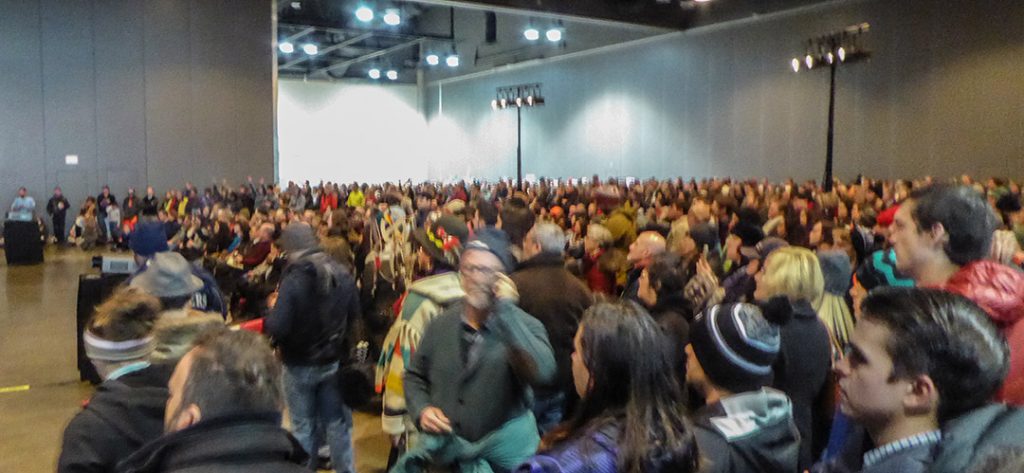
This slideshow requires JavaScript.
OK, we had our celebration with speeches and the march.
Now Let’s Commit Ourselves
Since 2008 news and social media have done nothing but complain about what politicians did and did not do. If they have not accomplished goals and objectives it is no one’s fault but your own. If you are not satisfied with the 2016 election I suggest that you step up and do something about it.
From the list below, choose the issue you feel needs action, list the issue and the name of an organization that works on that issue in the comment box below and fill in your contact information. If you do not know of an organization, volunteer to start such an organization. I will pass your contact information on to the appropriated organization. Also I will collate the information everyone contributes and post the results at this site 4comculture.com. To stay aware of current posts at this site in the right hand side bar SUBSCRIBE to receive an email notifying you of new posts (a couple per week).
What Will You Commit To
Protest (Civic Disobedience, Non-violent direct action, Go to jail), Government service, Social justice, Political action, Political parties (Democratic, Republican, Independent, Progressive), Employment (Jobs and training), Housing, Healthy food production, Education (K12, College), Environment (Climate change etc.) Community organizing, Social justice, Community service, Social services, Health and safety, Drug abuse prevention, Community security, Reproductive rights, Hunger, Homelessness, Race relations, Human relations, Art and culture, International affairs, Belief systems (Humanism etc.).
Like this:
Like Loading...
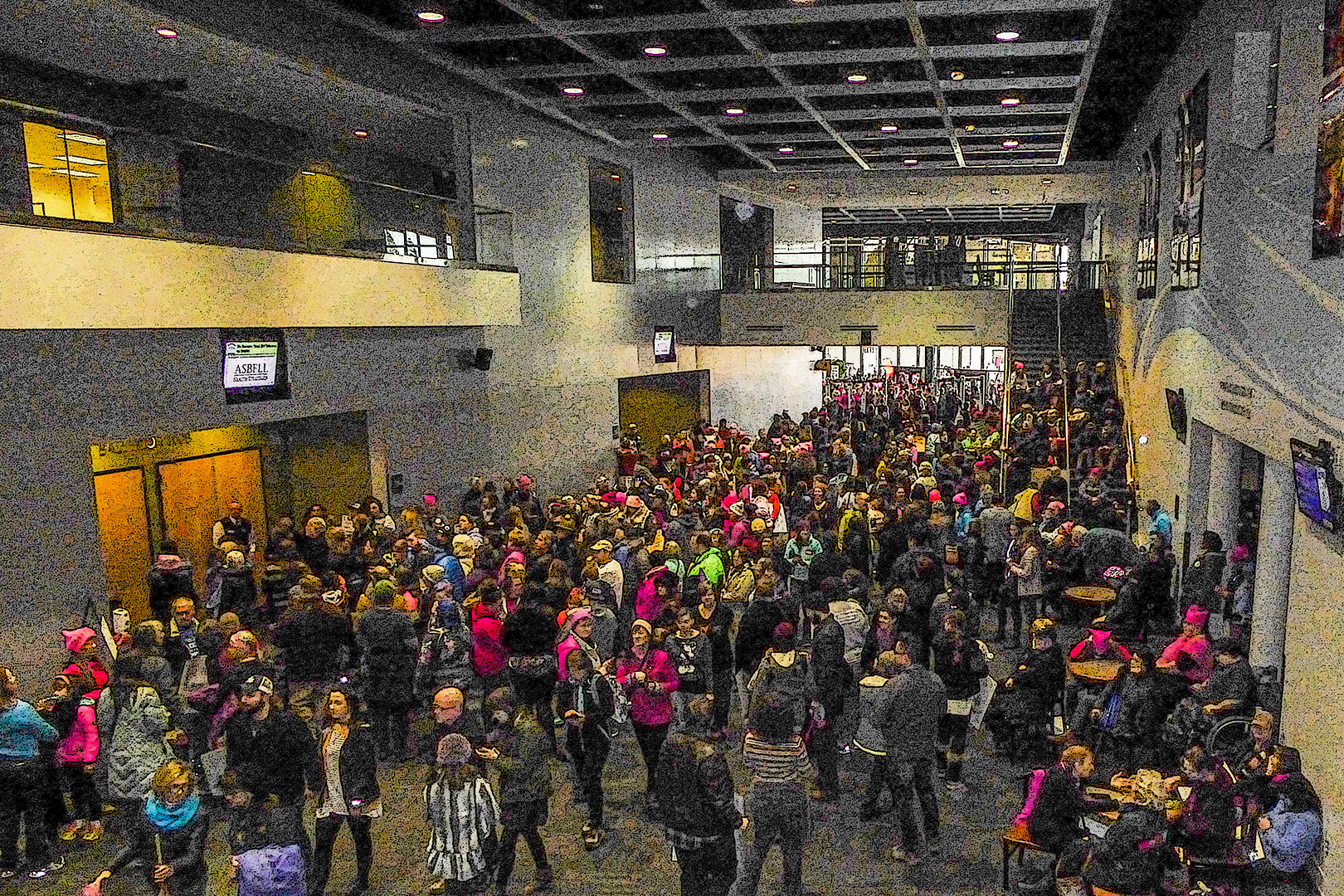
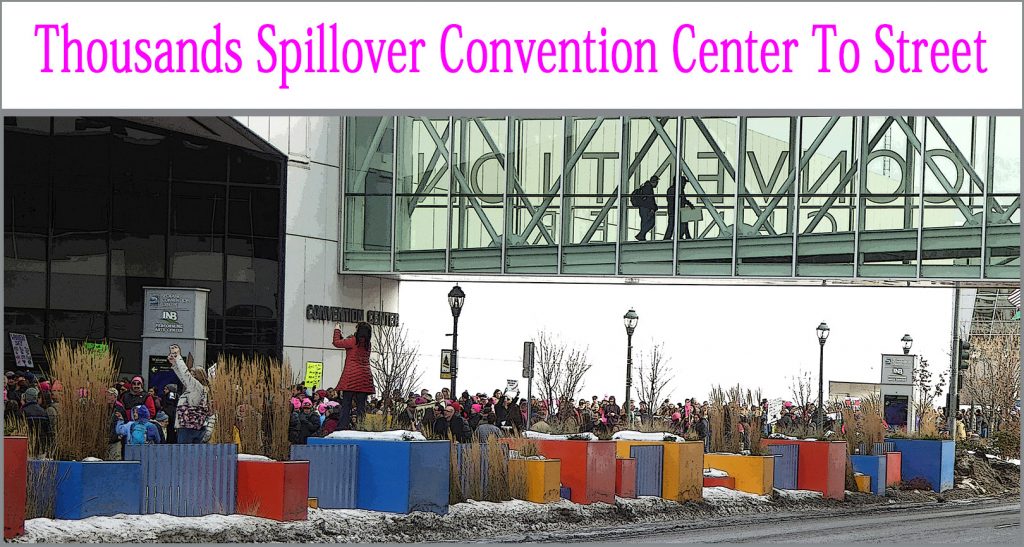 Protester’s sign read stand up! speak up! and these protesters did it this cold Spokane winter day. Some who were lucky made it to inside halls standing and sitting in the warmth and could hear the messages from the Ballroom. Others filled sidewalks for blocks east and west and entertained each other with songs, music, chatter. The Davenport Hotel Coffee and Bar was a hit place to keep warm.
Protester’s sign read stand up! speak up! and these protesters did it this cold Spokane winter day. Some who were lucky made it to inside halls standing and sitting in the warmth and could hear the messages from the Ballroom. Others filled sidewalks for blocks east and west and entertained each other with songs, music, chatter. The Davenport Hotel Coffee and Bar was a hit place to keep warm.


